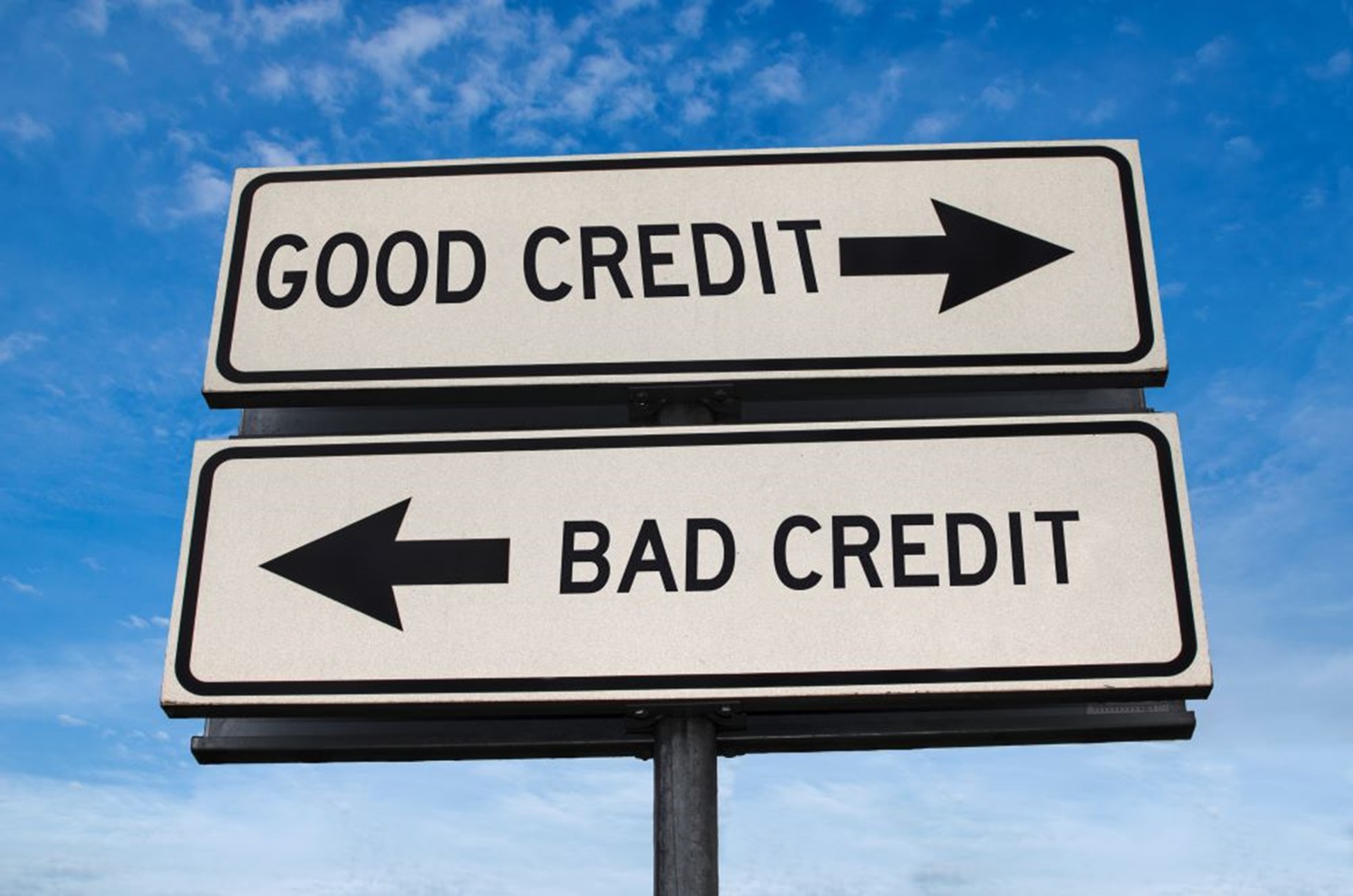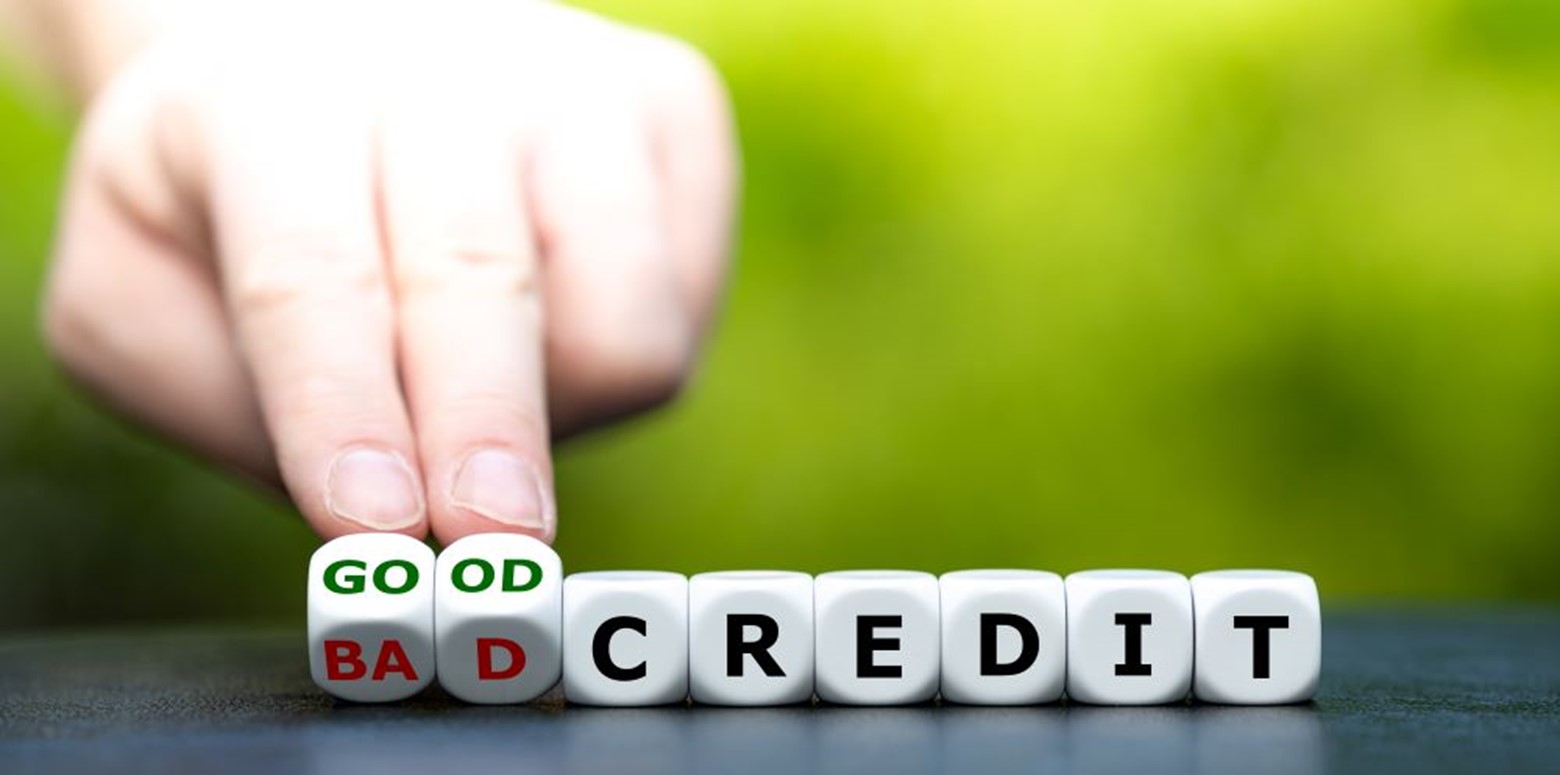
What Effect Does Credit Card Use Have on Your Credit Score?
April 6, 2022
What’s the Difference Between No Credit and Bad Credit?
April 8, 2022WHAT DOES CREDIT MIX MEAN?
Having a mix of loan accounts is referred to as your credit mix. A mix of credit cards, car loans, student loans, mortgages, retail accounts, and installment loans can be included.
10% OF YOUR CREDIT SCORE IS DETERMINED BY YOUR CREDIT MIX
When creditors evaluate the risk of lending you money, one of the factors they consider is your credit mix. A credit score is based on five factors: the amount of debt you owe, your payment history, new credit inquiries, length of credit history, and your credit mix. A credit score accounts for 10% of your overall score.
Lenders see you as financially reliable when you manage a variety of accounts well. This proves you can make both fixed and variable payments for different types of loans.
It’s unlikely, however, that this category alone will prevent you from applying for credit, given the low impact credit mix has on your overall FICO® Score. You can’t ignore this category, however, if you’re looking for the best possible FICO® Score and credit offers.
TYPES OF CREDIT ACCOUNTS
When working on your credit mix, it helps to understand the three types of credit accounts that affect your credit scores: installment, revolving and open accounts.
Installment Accounts
You repay these types of accounts in fixed monthly installments until the balance is paid in full.
Following are some types of installment accounts that you may be able to obtain:
Auto: A bank, credit union, or automobile lending company will likely provide you with an auto loan if you wish to purchase a vehicle. Most auto loans take between 48 and 60 months to pay off, but they can also be offered with shorter or longer terms.
Mortgage: Typically, you can pay off your mortgage in as many as 30 years, depending on the lender. If you have good credit when applying for a mortgage, you will get a lower interest rate, which can save you a lot of money over time.
Student: The purpose of student loans is to cover tuition and room and board while attending school. Students don’t have to start paying back these loans right away, unlike other installment accounts. Student loans are deferred until a few months after graduation or the student no longer attends school.
Home Equity: The equity you’ve built in your home can be used to borrow against. In the case of a home equity loan, you pay back the loan in monthly installments. Home equity lines of credit are actually revolving accounts, not lines of credit, so they don’t fall under this category.
Personal: For any number of reasons, you can obtain a personal loan from a bank, credit union, or online lender. This type of loan usually does not require collateral.
Credit Builder: Taking out one of these loans can positively impact your credit score and diversify your credit mix. Depending on your financial institution, you can put money into a savings account and then repay it later. Upon completion of the payment terms, your savings are released back to you along with a small amount of interest.
Revolving Accounts
In revolving accounts, you can borrow money whenever you want, at any amount, up to a certain limit set by the lender. This is a type of variable loan. You have to make minimum payments every month, but you do not have to pay the balance in full. As an alternative, you can carry some of your balance over to the next month, and lenders will charge you interest on that amount.
The following types of revolving accounts are the most common:
Credit Cards: Most credit cards are issued by banks, credit unions, or financial services companies. Visa, Mastercard, and American Express are the major payment networks that support these cards, and they’re extremely popular.
Home Equity Line of Credit (HELOC): Home equity lines of credit (HELOCs) use your home equity as collateral for a loan, much like a home equity loan. However, a HELOC is not an installment loan. In other words, you aren’t making fixed monthly payments until the loan is repaid. Rather, they work like credit cards: you can borrow as much as you need up to a certain limit and your payments are determined by how much you borrow.
Open Accounts
Accounts with open credit are both revolving and installment loans. Utility bills are common examples of open accounts. Bills for installment accounts are due in full at the end of the billing cycle, but monthly payments for revolving accounts depend on your usage.
UNDERSTANDING ACCOUNTS ON YOUR CREDIT REPORTS
Tradelines are credit accounts listed on your credit report by credit reporting agencies. Accounts such as installment, revolving, and open accounts are considered separate tradelines. When a tradeline is added to your credit report, it also includes relevant information about the creditor and the debt that each account is associated with. In the end, each tradeline can affect your credit score.
HOW CAN A GOOD CREDIT MIX IMPACT YOUR CREDIT SCORE?
You demonstrate that you understand how to manage and pay back credit by keeping up with different types of credit. This is viewed by lenders as an indication of how you will handle credit in the future.
In order to gain all of the points from this section of your credit score, you should have several different types of revolving and installment loans. Consider adding a personal or credit-builder loan to your credit portfolio if you have revolving credit but no installment loans. Consider getting a credit card if you do not have revolving credit. Be sure to keep your credit utilization below 30% of your available credit limit.
RISKS OF PURSUING A CREDIT MIX TOO AGGRESSIVELY
Monitor your credit report before adding any new accounts to see if your credit mix is affecting your credit score. Credit mix is something that develops naturally over the course of our lives as we take out auto loans, student loans, credit cards, mortgages, etc.
Remember that your FICO® Score is only 10% based on credit mix. You should avoid taking on more loans than you need just to improve your credit score. Diversifying your credit mix is important, but not at the expense of your credit score. If you do so, you might sacrifice other factors that have a greater impact on your credit score, such as payment history and credit utilization.
When trying to improve your credit score, it’s helpful to know how credit scores are calculated so you can determine how you can achieve your credit goals.
Is your personal information on the dark web? Make sure your identity isn’t at risk!


